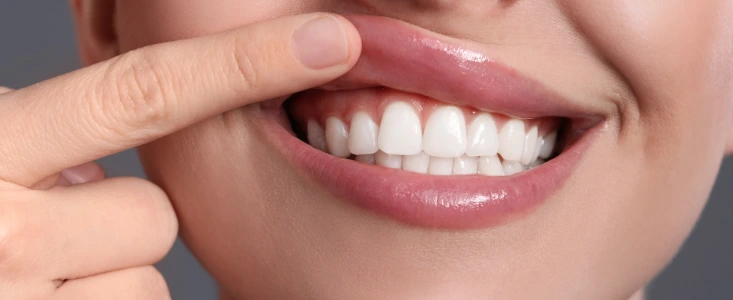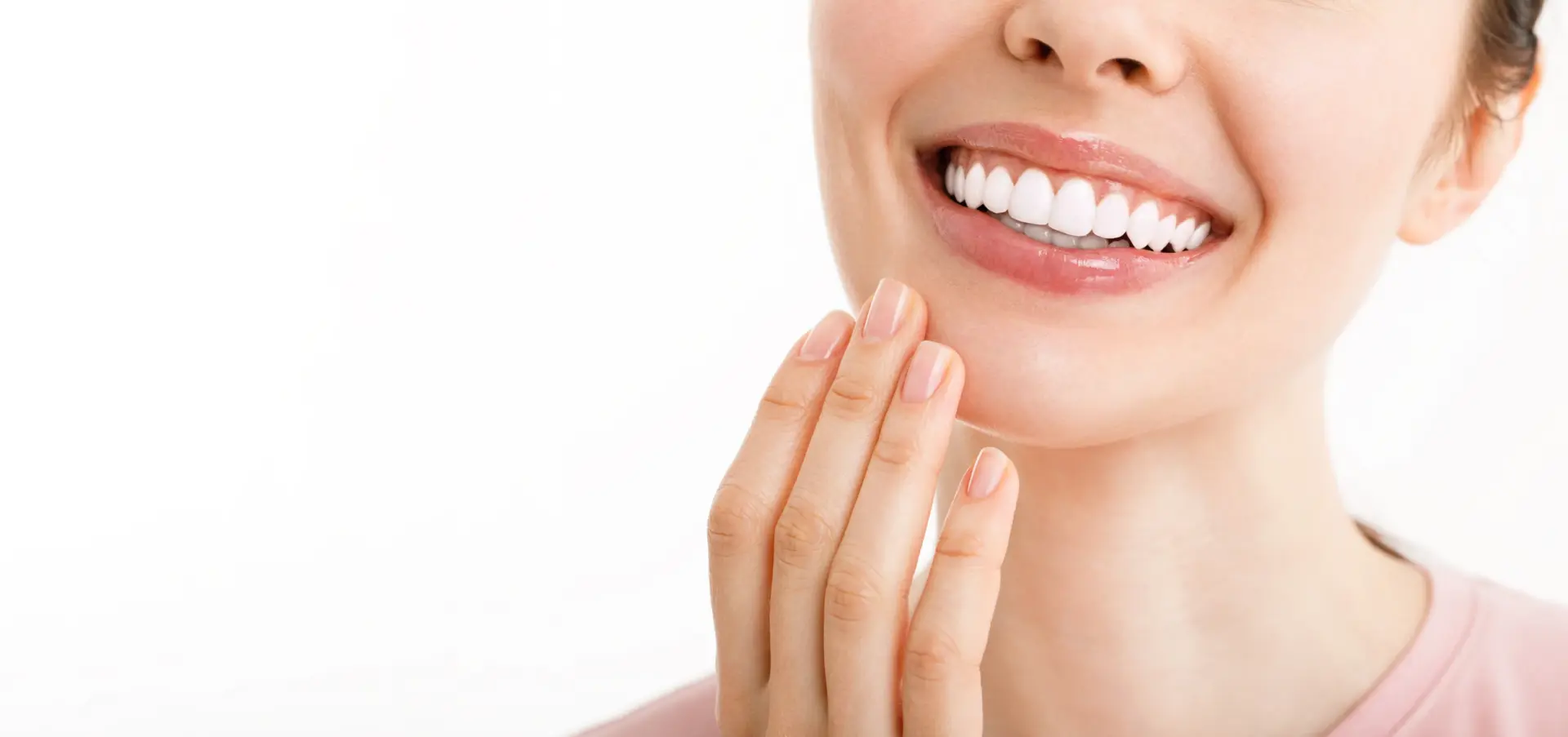If you’ve ever wondered, “Should I use mouthwash?” The short answer is, “Yes!” Mouthwash is an excellent addition to your oral care routine. But using an oral rinse should never replace brushing your teeth or flossing. Think of mouthwash as a dessert, not an entree. There are many benefits to using mouthwash as long as you use it the right way. We’ll answer all your mouthwash questions so you can clean your teeth and gums effectively.
Why Should I Use Mouthwash?
An oral rinse reaches the parts of your mouth that your toothbrush can’t, which is why it makes a great companion to brushing your teeth. Mouthwash can prevent tooth decay, reduce plaque, prevent gingivitis, reduce the speed at which tartar develops, and freshen your breath.
How Do I Use Mouthwash?
While it’s important to read the label on your mouthwash, below are common steps to use mouthwash correctly.
1. Brush and Floss: Rinsing your mouth with oral rinse should always come after you brush and floss and your teeth. However, if your toothpaste has fluoride in it, wait a little while before rinsing with mouthwash so that you don’t wash away the fluoride in your toothpaste.
2. Use the Right Amount: Pour between 3-5 teaspoons of the mouthwash into a small measuring cup or the lid of the mouthwash bottle. The recommended amount is indicated on your bottle of mouthwash.
3. Swish, Don’t Swallow: An oral rinse is just that, a rinse. Mouthwash should not be swallowed. Rinse and gargle for approximately 30 seconds, then spit the mouthwash into the sink.
How Often Do I Use Mouthwash?
You can use mouthwash daily to enhance your oral hygiene. Mouthwash can only fight gum disease and strengthen tooth enamel when it’s used on clean teeth. However, you can use mouthwash to curb bad breath throughout the day. Just know what it’s most effective when used after brushing.
How Does Mouthwash Work?
Mouthwash contains antiseptics like alcohol, menthol, and eucalyptol that kill bacteria that collect in hard-to-reach places at the back of your mouth or in between your teeth. These antiseptic ingredients cause the stinging sensation you feel when you rinse with mouthwash. Some mouthwash brands also include fluoride in their formula. Fluoride helps make your teeth stronger and resistant to plaque buildup. A 2007 study discovered that children who used a mouthwash with added fluoride were 50% less likely to be treated for cavities. However, the American Dental Association does not recommend children below the age of 6 use an oral rinse. The danger of swallowing mouthwash with added fluoride and alcohol is too high. Adults should also avoid ingesting mouthwash. The benefits of mouthwash are negated when it’s consumed rather than rinsed throughout your mouth.
What Kind of Mouthwash Do I Use?
Two kinds of mouthwashes are available over-the-counter:
1. Therapeutic Mouthwash: These contain ingredients that kill bacteria, help reduce plaque, gingivitis, and cavities, as well as fighting bad breath. Many therapeutic mouthwashes also contain fluoride to help prevent tooth decay.
2. Cosmetic Mouthwash: While these do not reduce your risk for cavities or gum disease, they do temporarily control bad breath and leave your mouth feeling refreshed.
Whichever kind of mouthwash you choose, look for a brand with the ADA Seal of Acceptance so that you know it’s safe and effective. If you have questions about the best mouthwash for you, talk to your dentist at your next appointment.
While it’s good to use a mouthwash in your oral hygiene routine, regular dental visits are the best way to prevent cavities, gum disease, and promote overall oral health. Contact Anderson and Atkins, DDS today for a routine cleaning.
Share
STAY IN THE LOOP
Subscribe to our free newsletter.
Leave A Comment
Healthy gums are the foundation for a healthy smile because they support and protect your teeth. That’s why gum health is essential for a bright and beautiful smile. Here are some six tips to help keep your gums (and smile!) healthy. Brush Your Teeth Twice a Day Brushing your teeth twice daily is crucial for
Helping your child develop the healthy habit of brushing their teeth can be challenging. Boredom is one of the main reasons kids push back against brushing their teeth, so why not find a way to make the process fun? Here are four tips to encourage your kids to brush their teeth. Sing a Song or





